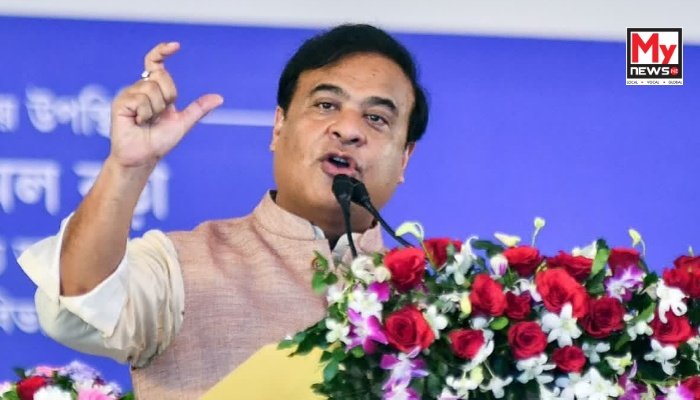Assam Chief Minister Voices Strong Support for Balochistan Movement, Citing Historical Injustices
Guwahati: Assam Chief Minister Himanta Biswa Sarma has ignited a wave of political discourse by openly expressing his support for the Balochistan movement in Pakistan, characterizing it as a poignant example of an indigenous people’s persistent quest for dignity and self-governance.
In a social media post, Sarma articulated that the movement encapsulates the Baloch people’s enduring desire for autonomy and rights, a struggle defined by immense sacrifice and an unwavering spirit for liberty.
Delving into the historical roots of the conflict, the Chief Minister traced the movement’s origins to the tumultuous period of 1947-1948, when the princely state of Kalat, encompassing a substantial portion of present-day Balochistan, sought to preserve its independence following the departure of British colonial forces. Sarma highlighted that, despite initial discussions aimed at establishing autonomy, the region was forcibly annexed by Pakistan in March 1948, thereby instilling deep-seated resentment within the Baloch populace.
Sarma further elaborated that decades of political marginalization, economic deprivation, and cultural suppression have precipitated numerous uprisings in Balochistan, notably in 1958, 1962, 1973, and during the early 2000s. He underscored that, despite Balochistan’s abundant natural resources, its inhabitants have endured severe underdevelopment and allegations of systemic exploitation by the Pakistani central government.
He pointed to the 2006 assassination of tribal leader Nawab Akbar Bugti as a pivotal moment, stating it “marked a particularly painful chapter, reigniting demands for self-determination and justice.” This event, Sarma argued, amplified the calls for autonomy and redressal of long-standing grievances.
Sarma’s remarks come at a time when global awareness regarding indigenous rights and regional self-determination movements is on the rise, bringing renewed focus to the historical injustices that continue to shape contemporary struggles for autonomy.
Read More: Meghalaya: Shad Suk Mynsiem Festival Concludes with Grand Cultural Display at Laitkor

